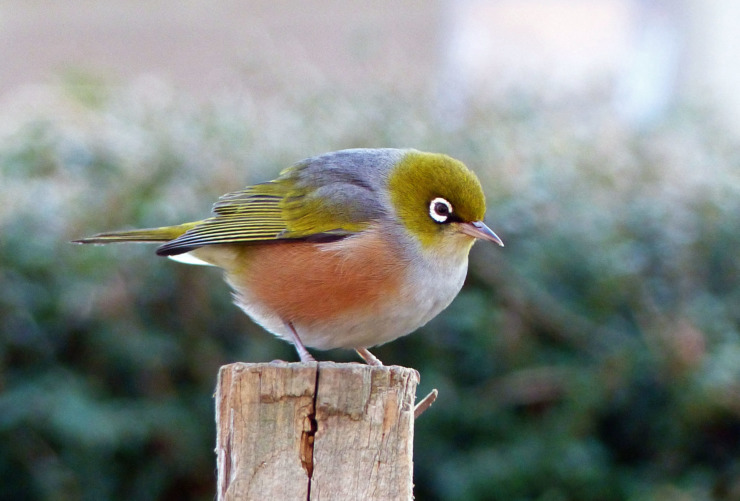How to Read Poetry: It Is Enough to Enter
1. You don’t have to do any better. Who cares if it’s National Poetry Month. You don’t read poetry, you protest. You’re not good at it.
2. It is enough. At what point in your life did the idea that you had to be good at reading poetry seep into your soul? I’m not talking about good; I’m talking about poetry. If you walk into a bakery, and the pastry chef steps out behind the counter and says, “Try these award-winning chocolate croissants I just made,” do you say, “No, thank you. I’m afraid I wouldn’t be good at eating them.” If Lin-Manuel Miranda comes walking toward you with tickets to Hamilton saying, “Please enjoy the show,” do you say, “The thing is, Mr. Miranda, I can’t because I’m not sure I’ll be good at watching.” Good gracious, that’s boring! Your need to be good is boring.
3. You don’t have to understand. Oh, c’mon. Don’t be mad. I’m just poking the bear. Stirring the pot. Stoking the fire. You’re fine.
4. It is enough to enter. Open a book. Turn the page. Put your finger on the first line. Todd Boss writes, “It is enough to enter,” which is the title of his poem, and once you read the title, you’re in the poem, so you may as well accept the invite and have a look around. Boss writes that all we have to do is go somewhere — he uses museums and churches as examples, but I think the concept works at baseball diamonds, grocery stores, live music performances, even a living room full of friends. He says just enter those places and take note of the beauty, the graveness, “or whatever.” Just enter. That’s all you have to do.
5. It is enough to have come just so far. Just notice. Remember in school when you’d get to the end of a reading assignment and there’d be a cute little “Check for understanding” box? If you’re staring down a poem determined to understand it, I suggest you shift your perspective depending on your temperament. Poetry doesn’t ask to be understood. Poetry wants to be noticed. Take Boss’ poem as an example. He could’ve written, “It is enough to enter museums or churches, but instead he wrote: “the templar / halls of museums, for / example, or / the chambers of churches.” Templar and chamber have an echoing sound to them. I smell dust and candle wax. I feel cold. I am curious about history and mystery. This is what poetry wants from you: attention.
6. Admire no more than the beauty. Poetry isn’t going to teach you a lesson, but it often leaves you with something: delight and sorrow named, curiosity, mystery, maybe even shock. Much of the time it does this not so much in what it says, but in what it shows. This is called the anchoring image, and it grounds us in the poem — even if we are scared or confused — the image can give us something to hold on to.
7. Stand ajar. Boss leaves us looking at a door that is “standing ajar,” which nods to the title and encompasses all he’s suggesting in his poem. But you are the one who has to push the door open. You are the one who must step inside.
Try It
April is National Poetry Month, so what better time to start a poetry reading habit? I suggest printing out poems and gluing them in a journal, and using your favorite writing tools to interact with what you read. Megan Willome and Tania Runyan both have excellent books to serve as the very best companions on your poetic quest: The Joy of Poetry and How To Read a Poem.
Photo by Bernard Spragg.NZ Creative Commons, via Flickr. Post by Callie Feyen.
Browse writing prompts

—Celena Roldan
- Poetry Prompt: Courage to Follow - July 24, 2023
- Poetry Prompt: Being a Pilgrim and a Martha Stewart Homemaker - July 10, 2023
- Poetry Prompt: Monarch Butterfly’s Wildflower - June 19, 2023

Leave a Reply